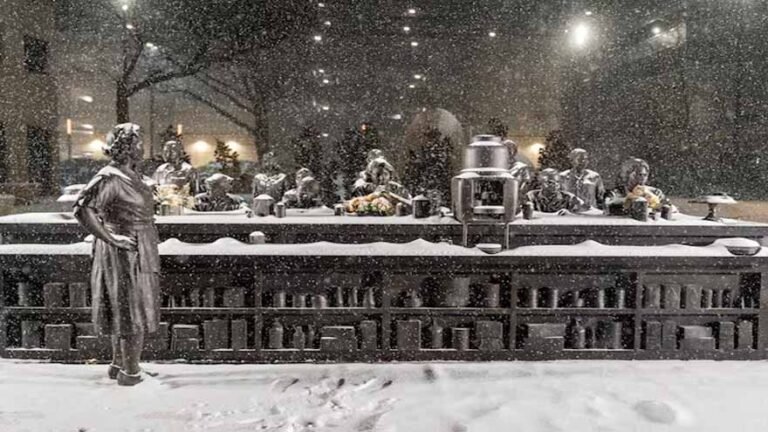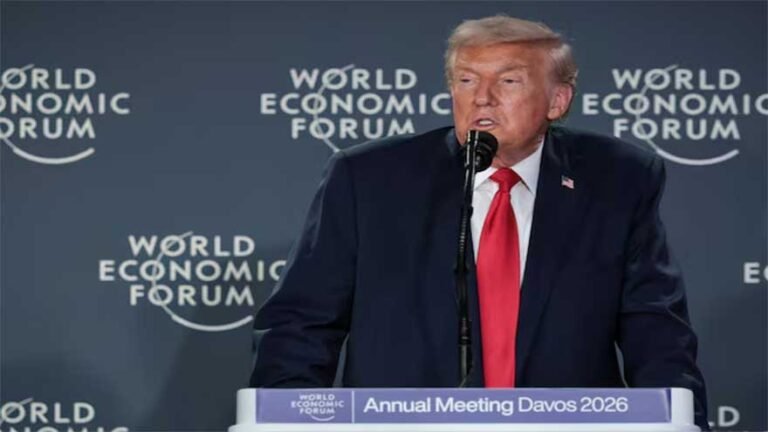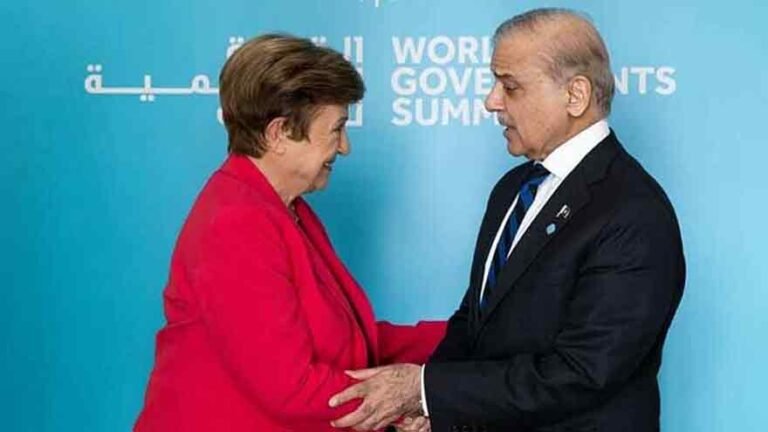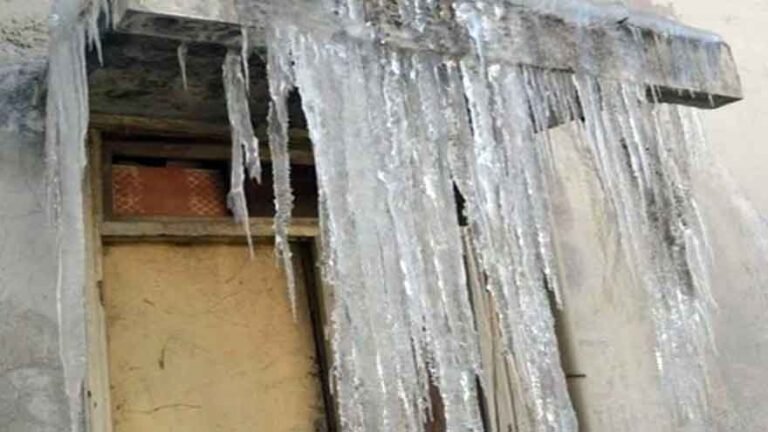Canadian Prime Minister Justin Trudeau Resigns Amid Political Turmoil
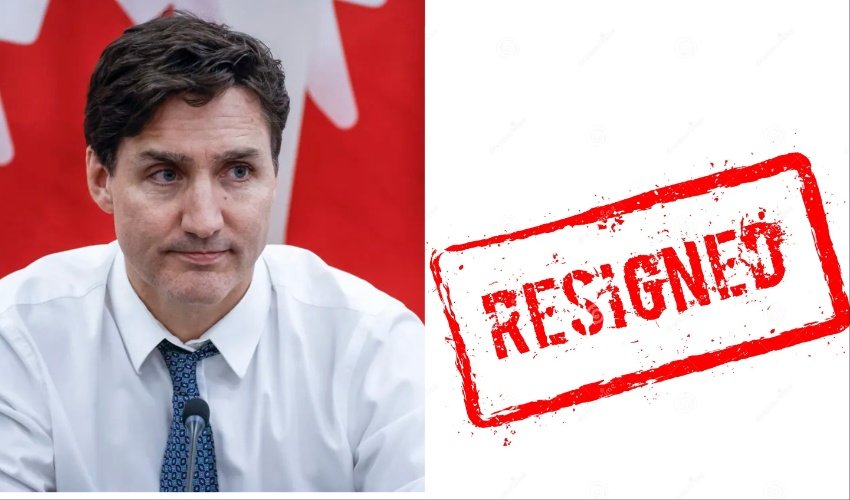
Canadian Prime Minister Justin Trudeau announced his resignation as leader of the Liberal Party on Monday, signaling the end of a decade-long tenure marked by both acclaim and controversy.
ECC Approves Key Grants and Projects to Boost Defence, Education, and Social Welfare
Speaking at a press conference in Ottawa, the 53-year-old leader confirmed his intention to step down, stating, “I intend to resign as party leader, as prime minister, after the party selects its new leader.” Trudeau emphasized the need for a fresh start, saying, “This country deserves a real choice in the next election, and if I’m fighting internal battles, I cannot be the best option.”
Trudeau will remain in office in a caretaker capacity until a new leader is chosen. To facilitate the leadership transition, Canada’s parliament will be suspended until March 24, following a request to the Governor General. “Parliament has been paralyzed for months,” Trudeau said, referring to the longest session of a minority parliament in the country’s history.
Reflecting on his tenure, Trudeau expressed regret over his failure to reform Canada’s electoral system, admitting, “I do wish we’d been able to change the way we elect our governments… but I could not do it unilaterally without support from other parties.”
Trudeau’s resignation follows months of mounting political pressure, declining poll numbers, and internal party discontent. The calls for him to step down intensified after Finance Minister Chrystia Freeland resigned in December amid policy disagreements.
With the Liberal Party trailing the opposition Conservatives in opinion polls ahead of an election expected by late October, Trudeau’s exit paves the way for a leadership contest. The new leader will face opposition parties ready to challenge the Liberal government’s record.
Key Points from Trudeau’s Speech:
- Acknowledged political gridlock in parliament and called for a reset.
- Pledged a robust and competitive process to select the next party leader.
- Criticized Conservative leader Pierre Poilievre, stating, “His vision is not the right one for Canadians.”
- Expressed optimism about the future, saying the new leader would carry Liberal values into the next election.
Opposition Reactions:
- New Democratic Party leader Jagmeet Singh criticized the Liberal government as a whole, stating, “The problem is not just Justin Trudeau; it’s every Liberal MP.”
- Conservative leader Pierre Poilievre dismissed the leadership change as superficial, accusing the Liberals of “tricking voters” with a new face while maintaining the same policies.
Trudeau, who has served as Liberal Party leader since 2013 and as prime minister since 2015, leaves behind a legacy shaped by bold initiatives, significant achievements, and contentious challenges.


